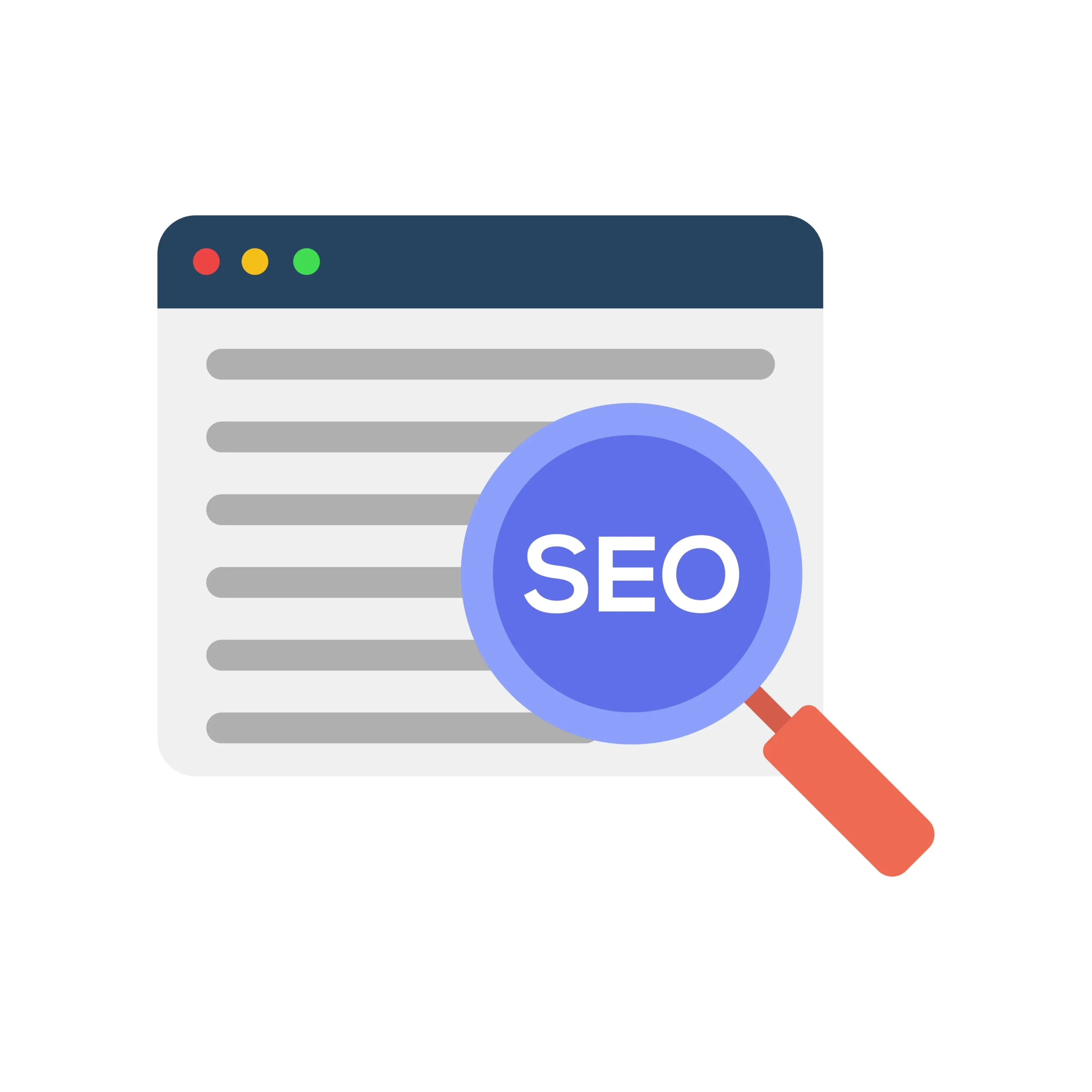
Top Strategies to Boost Your Website Performance and Speed
In today’s fast-paced digital world, a fast-loading website is crucial for both user experience and SEO performance. Visitors expect quick access to information, and search engines like Google prioritize fast websites in their rankings. If your website is sluggish, you’re likely losing potential customers and hurting your SEO efforts. In this blog, we will outline top strategies to boost your website performance and speed. Implementing these will not only enhance user satisfaction but also increase your chances of ranking higher in search results.
1. Optimize Images
Large image files can significantly slow down your website. To improve load times, ensure all images are optimized. This can be achieved by compressing images without losing quality, choosing appropriate file formats (JPEG, PNG, or WebP), and utilizing responsive images.
Use tools like TinyPNG or Imagify to compress images while retaining quality.
2. Minimize HTTP Requests
Every file on a web page—whether it’s an image, CSS, or JavaScript—requires an HTTP request. The more requests your site makes, the longer it will take to load. By minimizing these requests, you can speed up your website considerably.
Combining files (e.g., CSS and JavaScript) and reducing elements like scripts and plugins can help lower the number of HTTP requests.
3. Reduce Server Response Time
The time it takes for a server to respond to a browser request is critical. A slow server can lead to delayed page loading times. To reduce server response time, consider upgrading your hosting plan, utilizing a content delivery network (CDN), or optimizing your database queries.
Using faster servers or improving backend efficiency can dramatically reduce server response times.
4. Minify CSS, JavaScript, and HTML
Unnecessary code can slow down your website. Minifying your website’s CSS, JavaScript, and HTML involves removing unnecessary spaces, comments, and formatting to reduce the file size and improve load speed.
Use tools like UglifyJS or CSSNano to minify your code.
5. Enable Gzip Compression
Enabling Gzip compression can reduce the size of your website’s files before they are sent to the browser. This can drastically reduce bandwidth usage and loading time, especially for users with slower internet connections.
Most modern browsers support Gzip compression, and enabling it can reduce file sizes by up to 70%.
6. Leverage Browser Caching
Browser caching allows a website to store certain files on a visitor’s local machine for faster loading on subsequent visits. By setting an appropriate expiration time for cached files, you can reduce load times for repeat visitors.
You can enable caching using plugins like W3 Total Cache or through your server settings.
7. Use a Fast and Lightweight Theme
Your website’s theme can significantly impact its performance. Heavy, feature-laden themes can slow down your site, while fast and lightweight themes are designed for speed and efficiency.
Opt for clean, optimized themes like GeneratePress or Astra that focus on performance.
8. Optimize CSS Delivery
Render-blocking CSS can delay the display of your web page. To avoid this, you can inline critical CSS and defer non-essential CSS. This ensures the essential styles are loaded first, improving the perceived load time.
Critical CSS tools or plugins like Autoptimize can help you optimize CSS delivery.
9. Reduce Redirects
Each redirect your website uses forces an additional HTTP request and adds more load time. By reducing unnecessary redirects, you can speed up your site.
Audit your site regularly to eliminate or consolidate redirects, ensuring the user gets the content as quickly as possible.
10. Test and Monitor Performance Regularly
To maintain optimal website performance, it’s essential to continuously test and monitor your site. Use tools like Google PageSpeed Insights, GTMetrix, and Pingdom to analyze performance and identify areas for improvement.
Regular monitoring ensures that any slowdowns are detected early and can be quickly resolved.
Conclusion
By implementing these strategies, you can significantly improve your website performance and speed, ensuring a seamless experience for your users and increasing your chances of ranking well on search engines. At SentieroTech, we specialize in optimizing website performance. Contact us today to ensure your website runs at its full potential.



